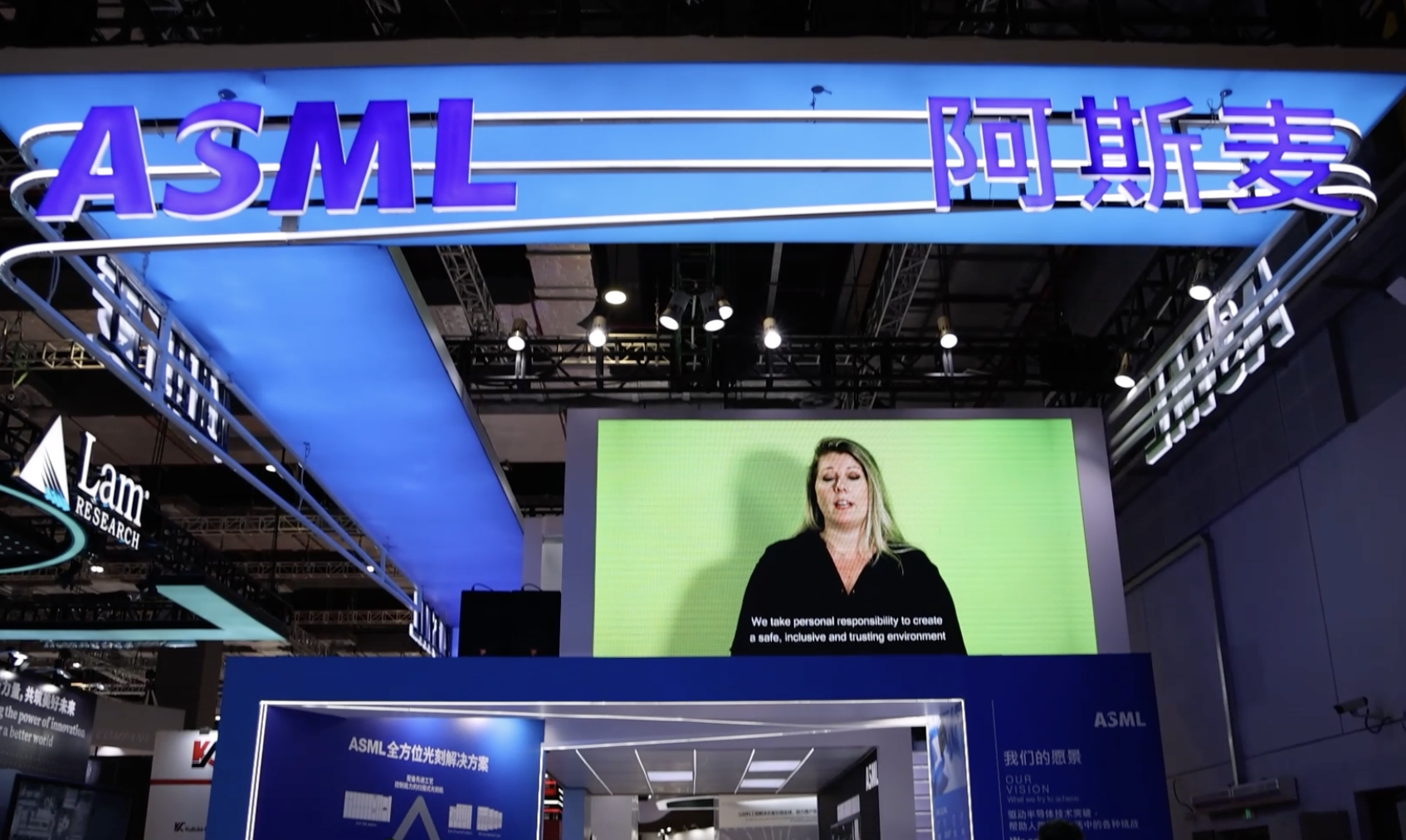
By Gabby Chen
(JW Insights) Mar 9 -- ASML, Dutch semiconductor equipment giant, released a statement on March 8 in response to the Dutch government's decision on the same day and will impose new export controls on semiconductor technology to China before the summer. It said the move was taken to safeguard national security, joining the US effort to curb chip exports to China.

According to the Dutch government, new export controls focus on advanced chip manufacturing technology, including the most advanced deposition and immersion lithography tools.
Therefore, ASML will need to apply for export licenses for the shipment of the most advanced immersion DUV systems due to these upcoming regulations, said ASML's statement.
At present, ASML has not received any additional information on the exact definition of the 'most advanced' tools, but assumes it to be the critical immersion tools, such as the TWINSCAN NXT:2000i and subsequent immersion systems.
ASML noted that customers that are primarily focused on the mature nodes are well served with less advanced immersion lithography tools. In addition, The statement also said that sales of ASML's EUV tools have already been restricted since 2019.
It will take time for these controls to be translated into legislation and take effect. ASML does not anticipate that these regulations will have a significant impact on its financial outlook for 2023 or for AMSL's longer-term scenarios as announced during Investor Day in November last year, said the company.
ASML's longer-term scenarios are primarily based on global secular demand and technology trends, rather than on detailed location assumptions, according to ASML's statement.
Meanwhile, Dutch Trade Minister Liesje Schreinemacher said the restrictions will be introduced before the summer, according to the Reuters report.
Liesje Schreinemacher added that other EU countries should follow Dutch to maintain a consistent position, said a report by local newspaper NRC on March 8.
She explained the reasons for the restrictions, and said that they aim to avoid using Dutch equipment in the military, ensure the country's technological leadership, and reduce strategic dependence on China. In addition, she mentioned that this decision is based on the country's assessment.
In response to whether she was concerned about China's retaliation, she emphasized, "We have key technologies that China wants to acquire. And a number of lower-end deep-UV exposure machines are still being supplied to China."
The Netherlands was in talks with the US government about new export restrictions for the semiconductor equipment DUV to China on November 25 2022, according to previous reports by Reuters.
Under pressure from the US, the Dutch government has since 2018 not allowed the country's largest company, semiconductor equipment maker ASML, to ship its most advanced machines to China because they are considered "dual use" equipment with potential military applications, said Reuters.
However, The Dutch announcement leaves major questions unanswered, including whether ASML will be able to service the more than 8 billion euros worth of DUV machines it has sold to customers in China since 2014, according to a Reuters report on March 8.
This announcement marked the first concrete move by the Dutch government, who oversee essential chipmaking technology, toward adopting rules urged by the US to hobble China's chipmaking industry and slow its military advances.
The US imposed last October sweeping export restrictions on shipments of American chipmaking tools to China, but for the restrictions to be effective it needs other key suppliers in the Netherlands and Japan, who produce key chipmaking technology, to agree. The allied countries have been in talks on the matter for months.
In addition, Japan is expected to issue an update on its chip equipment export policies as soon as this week, according to Reuters.
RELATED
-
Apple’s Chinese supplier Luxshare Precision gives up $330 million investment in India
11-20 17:28 -
European Commission President von der Leyen will visit China in wake of the EU’s ongoing probe into China’s subsidies on EV industries
11-20 16:59 -
Chinese top-tier chipmaker HuaHong Semiconductor's net profit plummets 86 percent in the third quarter
11-17 19:11
READ MOST

No Data Yet~







